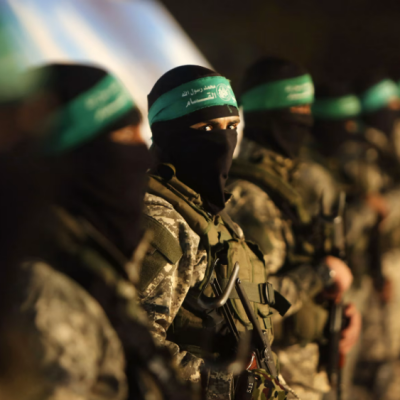Satoshi Ikeuchi, Professor, Religion and Global Security, University of Tokyo
COVID-19 vaccination has begun around the world. The Middle East is no exception.
Leaders of Middle Eastern countries are taking the lead in vaccination to promote its safety and efficacy. Reportedly, Sheikh Mohammed bin Rashid Al Maktoum, the Prime Minister and Vice President of the United Arab Emirates as well as the ruler of Dubai, was among the recipients of the trials of the vaccine developed by the Chinese pharma Sinopharm. Israeli Prime Minister Benjamin Netanyahu was the first in his country in getting the shot of vaccine developed by German companies BioNTech and Pfizer, on 19 December. U.S. President-elect Joe Biden received the Pfizer-BioNTech vaccine on December 21, in his hometown Wilmington, Delaware.
Ironically, countries like South Korea, Taiwan and Japan, which were relatively successful in suppressing the rate of COVID-19 infections and fatality relatively low, are not quick in taking up the vaccination campaign and largely cautious and skeptical about it.
Those countries which were most hard-hit in the early phase against the pandemic and experienced the exponential rise of the number of the infected are now trying to prevail early, betting on the safety and effectiveness of the new vaccines.
China might spread its vaccine in cheap prices all over the world particularly in the Middle East and Africa, as part of the “COVID-19 vaccine diplomacy.” Russia is trying hard in verifying the effectiveness of locally produced Sputnik-V vaccine developed by Moscow based national institute. The U.S. company Moderna is competing the development of high-quality vaccine with Pfizer.
The world seems to be entering a new phase of the race out of COVID-19. It’s a race to develop vaccines as early as possible and then spread them as wide as possible, getting rid of the shackle of the lockdowns earlier and becoming the world hegemon of the vaccine, taking control of the vital supply of vaccines to other dependent countries.
A dictum in this new geopolitical competition might be: “Whoever control the vaccine, controls the world.”
There might arise competing alliances of states in terms of vaccines, in which the world is divided according to different types of vaccines administered in different camps.
Another model is an international regime of vaccine control, in which rules and regulations are collectively determined on the quality and distribution of vaccines. Certification of the vaccination would be standardized under this regime and movement of people would become easier by obtaining those certificates. Vaccine diplomacy would open the door for a new world order.




